|
We are pleased to present our annual flashglass anthology! Comprised of all flash works originally published online at rowanglassworks.org in 2022, this anthology is available for online viewing and for purchase in print.

By Glassworks Magazine in flashglass 24 pages, published 1/1/2023
an anthology of work originally published at rowanglassworks.org
0 Comments
Arandus Larson is a student majoring in Secondary English Education and minoring in Creative Writing in Nebraska. She intends to teach high school English before pursuing a career as an English professor and novelist. She is published in SIAMB! magazine, Judas Goat, Grim & Gilded, and Miracle Monocle. You can contact her at [email protected].
Sunlight like yellow silk filters through the maple’s bare branches. Our summer fawns have turned tawny and wary, gathered at the far edge of the ash-colored field. The light is so fragile now. Remember the gold-throated lily? When these black trees hid inside July and swayed with their whole bodies? We ran out of time. After school, black walnuts fall onto leaves shaped like feathers, hands, tears. One blade of grass bends under the weight of a spider, as it climbs to the tip. My heart feels like that.
On Cherry Valley Road, there’s a catalpa with a heart-shaped hole in its side, where the trunk branched and half tore away in the storm. You could stand on tiptoe and hide a measuring cup and a spinning wheel in there. I pass it twice a day, taking my kids to school, but today, I can’t stop and guess a hundred names for love. Not even one. A mass of white petals litters the ground. Some days I glance at the jagged hole and wonder if it’s growing teeth. Some days, while the kids argue, I think about dinner. About the bats living in the eave and the ladder. The lost language arts book, surely damaged in the storm. My daughter’s teacher wants her students to stop using perfectly good small words like little and pretty, in favor of more complicated ones. She’s made the classroom bulletin board into a graveyard, miniature headstones marking each discarded word. I see her point and disagree: after dinner, the dog and I walk in the dark, while the wind shakes a little more rain from the trees.
 Dear Karen, Congratulations on being selected as the Creative Fellow Scholarship recipient of the 2021 Writers Conference. To comply with social distancing efforts, we are conducting this year’s conference online. As such, we’re able to admit every applicant in need at a discounted price, so no, you’re not as special as you thought. Our event will be held on a virtual platform allowing all of our attendees to network. We have created chat rooms for Fiction Writers, Non-Fiction Writers, Poets, Memoir Writers, etc. Some of our attendees will create chat rooms for MFA Programs, Self-Publishing, Historical Black Colleges and Universities (HBCU), Literary Publications, and so forth. We’ll even have attendees create rooms that label the type of scholarships we’ve awarded this year: The White Fellowship with a white guy’s name that anyone can apply for but will most likely be awarded to a white writer, The Black Fellowship named after a Black writer, and the Asian Fellowship…you get where we’re going with this. You’ll be able to see how active each chat room is by the red number above each label. This number indicates how many unread messages you have for that chat room. Because each virtual room is selective for every attendee, you are not required to read every single unread message. What we won’t be prepared for is the perpetual uptick of unread messages in the Black Fellowship’s chat room. The conversations there will be non-stop, even during workshop sessions. They will chat and joke as if they are family without having met one another prior to this event. Still, you will find candid feedback in every workshop session that will hurt some of our instructor’s feelings. You’ll also find an unprecedented amount of support in this chat room. If a Black Fellow attendee is reading, and another likes what he or she is saying, they’ll let others know through their chat group who and where to go. This will sometimes result in a mass exodus from some workshops and an incredulous increase in attendance in others. The good news is this will leave room for attendees in the least populated workshops to read more of their work. Unfortunately, not every attendee will take advantage of this opportunity which will result in some workshop sessions ending early; and that’ll be a shame. We’ll also be unprepared for the onslaught of screenshots our white attendees will take of the Black Fellowship chats. While everyone is welcome in any chat room, we will not be able to fathom why you’ll feel the need to spy on the Black Fellowship chat when networking opportunities in other virtual rooms are just a click away. Not every Black attendee will engage in our HBCU chat room because not all of them will have attended an HBCU. As such, the room won’t apply to them… We will, however, be able to answer one of the burning questions you’ll ask: Is it safe for a conservative to be here? While it’ll be unclear how unsafe you’ll feel at a virtual conference as no one will make or even hint at threats against a people or organization, we will answer your question with an eye-roll typing: Yes. Of course. We do, however, understand your concern will come from the written works shared by our Black attendees inspired by our workshops along with the disturbing events of the past year. To appease this egregious offense of accepting a large number of bright and talented Black writers, we will reorganize the final night of this virtual conference at the last minute. While creating several virtual open mic rooms with different themes throughout the week won’t be good enough for you, we will create another virtual open mic room specifically for our Black writers. This way, you will not be intimidated by their talent or the Black experience. Our organization is adapting to create a safe space for writers. Our goal has always been to bring writers together from every walk of life, to learn from one another, and enrich each other’s writing. We look forward to seeing your face online—even if we have to segregate a few. Please send your discounted deposit via Venmo, PayPal, Cash App, or Zelle. Contact our coordinator if you insist on sending a check. Once again, congratulations! Sincerely, A Writing Conference That Must Deal with White Fragility and Insecurity Because They, Not you, Certainly Not You, Can Afford to Enroll Every Year at Full Price. Zorina Exie Frey is an essayist, screenwriter, spoken word poet, content writer and digital designer. She is an English Instructor at Converse University and a writing instructor for Writing Class Radio. She’s the Editor-in-Chief for 45 Magazine Journal and Poetry Editor for South 85 Journal.
Resting at Your Grave, I Remember When You Said, “I Love You, Wittmeyer” by Cathy Wittmeyer8/1/2022 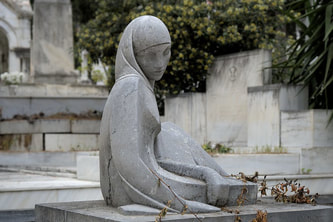 Rain pricked my face through the screen door & I knew it dripped down the back of your T-shirt. A neighborhood dog crooned. Still, I pushed you into that dark wet after our ritual hug against the peeling doorframe & then those words next to my last name. I pushed you out, turned on the outside light, & said go home instead of I love you, too. It wouldn’t be right to believe a whiskeyed tongue. The beagle kept howling—the heckler. To take your keys & put you up on my sofa for a night didn’t seem safe after those words—afraid to throw friendship at fire. I pushed you out on slick stones in shiny grass. My family name was a prayer on your raspberry-stem lips. I felt whole when you said it. I never told you that. You were the first I told I was engaged. You came to our wedding. Years later, I still hadn’t told you when you died in a car wreck on a different rainy night. Had someone else pushed you out in the slippery dark? Did a hound howl a warning before you said you loved her, [last name]?
The land was grass in all directions grass and mesquite trees grass that hid Bluebonnets and Indian Paintbrushes. One summer we gathered them all in a triumphant bundle of blue and white, red and orange. Our faces streaked with red Texas clay we proudly presented the fruits of our harvest to our mother. She cried. She cried over the blooms through a smile. She smiled because we loved her, she cried because we broke the cycle of flower from seed to root and they would never grow again. Her laugh lines crinkled with sorrow as she gave us instructions on drying and extracting their ink. Thirteen magical acres of space imprisoned the small house inside miles of waving grass. Wispy salt-and-pepper hair pulled under a scarf, she dug her paint-stained fingers into red soil and coaxed her dream garden into life, a half-acre wide with melons, strawberries, zucchini, corn. In her mind’s eye the artist sketched out her farm: chickens, horses and goats. Her best friend died in the middle of the night we picked up the pretty girl I had grown up with, played with, fought with. I was sad my friend had lost her mom I didn’t see my mother’s best friend had left the earth. Her confident, the woman she walked with, shared trauma, everyday-ness gone. She had watched her friend glow translucent as cancer ate her brain. She disappeared into the tall grass where my mother could not follow. We never knew - a mother hides her pain. Her fingers bled charcoal, brightly colored chalk, and silence as she watched her children grow. Then came the day cancer took my mother by the hand and led her where I could not follow. My confidante walked into the tall grass until she vanished obscured by the thorns of the mesquite. Her beauty swallowed by the land that had long ago staked a claim on her soul. It swallowed us all, grassy farmland dotted with mesquite trees and tears a broken cycle hearts pulled out by the root unable to go to seed.
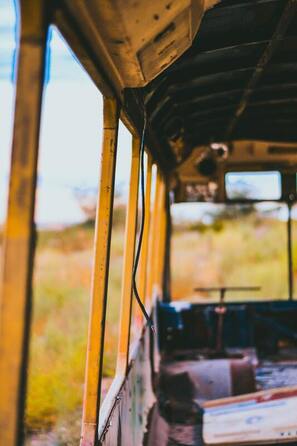 When I was five or six, my parents often deposited me with my grandfather for the morning while they did whatever grown-ups needed to do. My parents and I walked into his house through the jittering and squeaking door that needed a gentle, practiced joust to dislodge it from its swollen frame and found him sitting in his blue armchair next to his jar of pink candies. One of our understood activities was visiting the buses. But first, I pointed at a sugar-covered, chocolate cake donut in the enormous blue glass jar that lay just out of reach on the counter. My grandfather ceremoniously extracted one, cut it delicately with a butter knife, and served it to me on a plate. Donuts were strictly forbidden (or at least viewed with trepidation and disdain) at my house. The breaking of the donut was an act of rebellious solidarity. Replete, we exited the house through the garage and continued across the driveway, the asphalt cracks packed with caterpillar-like birch catkins. From our hilltop vantage point on Ellis Avenue, we could just view Main Street and catch the faint rush of passing cars below. An imposing grass cliff topped with stately gravestone pillars rose behind Main Street. As we descended each swell of the hill, my grandfather pointed out the houses, “That’s where Hardy Hubbard lives. Here is Virginia, she gave you that handkerchief once.” I nodded resolutely, not wanting to disappoint him that I did not have the slightest memory of these figures. At last, we turned into the gravel driveway of the abandoned repair shop and gas station. Rows of silhouetted orange-amber glass bottles guarded the windows of the shop. They always glowed eerily, whether sunny or cloudy, convincing me there was some light within, undoubtedly ghostly, that gave them their inextinguishable power. Passing the bottles and turning the corner, we emerged into the yard of buses, most of them traditional and yellow, some of them pug-nosed, some of them dolichocephalic, all of them retired for unknown and uncounted years. The buses were surrounded by rivulets of gravel as rain wash flowed around their wheels and grass grew underneath them. I climbed the stairs through the open front doors, sat in the driver's seats, grasped the towering, immobile steering wheels, squinted in the cracked rearview mirrors, jumped over the rows of seats, clicked the seat belts, opened and closed the doors that were not rusted in place. I darted about, at once the admonishing bus driver, the criminal backseat sitter, the impatient stop waiter. But in the end, I always felt melancholy about the buses. I needed to see all of them so none would feel unvisited, none would yearn for the cudgeling from a child’s foot. As I grasped my grandfather’s hand and we headed back towards the street, I looked up at him and knew with a deep longing that one day too the grass would grow around him, his glasses would become cracked, and his limbs stuck in one orientation. Now, I imagine the bygone buses in their heyday, flowing with oil and roaring diesel, and I still walk with my grandfather. I still hear the reassuring timbre of his voice, watch the corners of his lips draw up in joy, and feel his solid presence full of movement that seemed like it would always be there. It starts as a trickle. Just a small flow of water like the kind that runs along the curbside toward the drain after a ten-minute afternoon rain shower. The liquid puddles toward your feet and you step forward to avoid getting wet. But the water follows. You take two steps. Still, the water comes. Now you begin to walk at a brisk pace. Better to get ahead of it a bit. But when you turn, there it is lapping at the edge of your shadow. The trickle becomes a steady stream. Your footsteps quicken, but the flow matches you. Perhaps, you think, if I slow down a bit the water will too. So you try. The water doesn’t slow down. Instead, it pours into your shoes and seeps into the bottoms of your pants. Each step becomes heavier than the next. As your limbs turn to stone, you break into a jog. Now the stream forms a rapid river. Wild broncos rise up from the depths and charge forward in a terrible stampede of whitecaps. The force of their advance crashes in your ears and echoes through the ever-deepening canyon the water carves. You run. Now the river ascends and folds its serpentine lengths together to amass into a wave. The wave looms, darkening the sky above so you forget there ever was a sun. You run as fast as you can. Ever on the water comes. Ever blacker it grows. At times, your steps falter. The water rushes forward as you slip back and the edges of the wave break off like ragged shark’s teeth to ricochet off your heels. Still, you run. On you go because there is no more reality where standing still exists. Your legs cramp and your lungs burn. But body be damned. You are sprinting, avoiding collisions by milliseconds and millimeters. The wave is all you see. Its crest surges and folds to cave in around you. Your back is hammered in the tsunami’s torrent and you’re sucked into the liquid’s wicked embrace. Water fills your mouth as your screams are suffocated. And all the while, the onlookers only ever comment, “Marvelous, how fast she goes.”
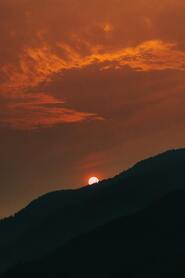 She wanted to see the exact moment day turned to night. Standing in the field, she forced her eyes to the sun, waiting for the distant green hills to swallow it up in the coming dark. She tried to capture the moment before but one time she had fallen asleep and another she had been distracted by a wandering daydream. She wouldn’t miss it again. Fireflies blinked in the tall barley and some tried to land on her face but she shooed them away like boys who asked to play during recess. Nothing would make her look away this time. No that ain’t what happens, her brother had said. Well what then? Daddy said it goes down and turns into the moon. Well that’s cus Daddy don’t know what happens either. Then tell me! Please! You have to tell me or else – Alright, alright. Jesus, don’t scream or my ears’ll go out. It’s different for everybody, and most don’t ever get to see for themselves cus most don’t believe it. But it happens, and I swear it cus I saw it myself. She shivered as a cold gust came across the barley and over her legs and arms and ears, tightening her skin until it became bumpy. But she still stared ahead, tugging at her sunflower dress, stretching it as if it would offer some warmth. As it got closer to night, the sun sank faster into the face of the earth. She wouldn’t take her eyes off it. She promised herself. Tears ran down her cheeks but she did not cry. Only half left. Something buzzed at her ankle but she didn’t kick for fear of blinking. She wouldn’t miss it again. She promised. It changes you. It doesn’t disappear down behind the ground. It goes somewhere else though. Goes into whoever can bear to see it. All the fire, all the light. Goes right inside you til you turn into something else. That sounds made up. Remember when you said giraffes sounded made up until you saw one at the zoo? That was different . . . More than halfway gone, it looked more like a chunk of ember spit from their fireplace and burning into the hillside. Or maybe a clot of blood landed on the earth from some invisible giant, the air above it shivering or steaming, she couldn’t tell which. Her mind slipped for only a moment as her body reminded her where she was – outside in the cold. Limbs shaking and lungs fluttering in the harsh wind. It blew on her eyes too, but it couldn’t cool them while she kept focus on the sun. Her eyelids wavered, but she locked them in place wide and open. She lied to herself that if she closed her eyes it would be the same as dying. With only moments left in the day, she saw that even though the sun shrank in size, it grew in other ways. Redder and deeper and hotter and stronger. And brighter. Or did the hills and the trees and the field and everything else just grow darker at the edge of her view? Maybe the sun just stole the light from everything else in its last passing breath. The sun finally went and released all its light and she stared into it until there was none left. No light on the barley or from the fireflies above it. No light on her sunflower dress. No light in the sky from the moon or anything else. No light on her hand as she waved it in front of her face. No light in the morning or the next one after. She always remembered the last time she saw the sun. And though it had disappeared, she knew it wasn’t really gone. Not down behind the hills or swallowed up by the night. It went somewhere else. She knew it went inside her, burning. Zain Syed is a copy editor and aspiring writer who focuses on themes relating to love, nature, and death. His poems have appeared in Canto Magazine and The Rain, Party, & Disaster Society, and he's currently working on writing fiction. He lives with his fiancée and two cats in Nashville, TN. You can read some of his unpublished work at zainsyed.net.
|
FLASH GLASS: A MONTHLY PUBLICATION OF FLASH FICTION, PROSE POETRY, & MICRO ESSAYSCOVER IMAGE:
|
|
Glassworks is a publication of Rowan University's Master of Arts in Writing 260 Victoria Street • Glassboro, New Jersey 08028 [email protected] |
All Content on this Site (c) 2024 Glassworks
|



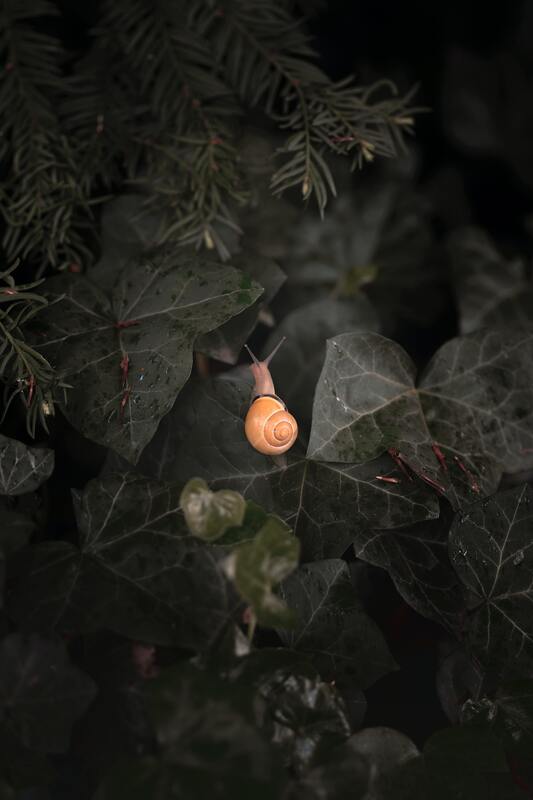
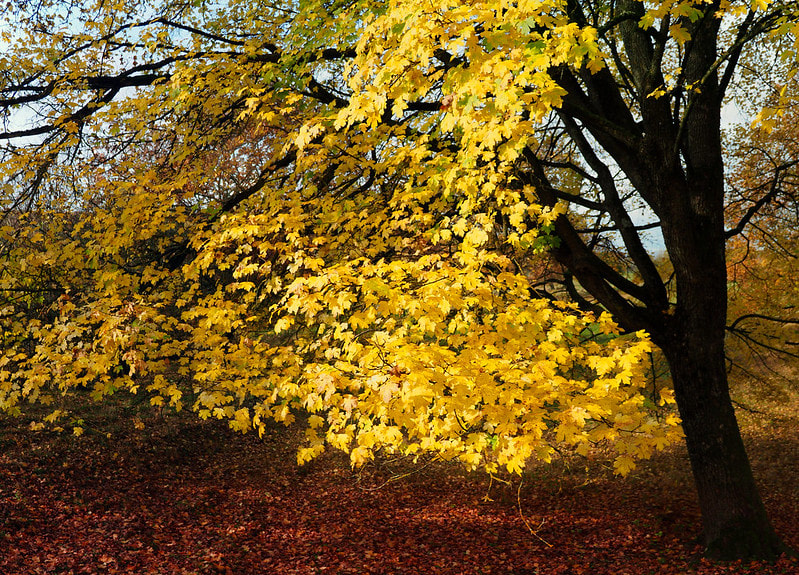
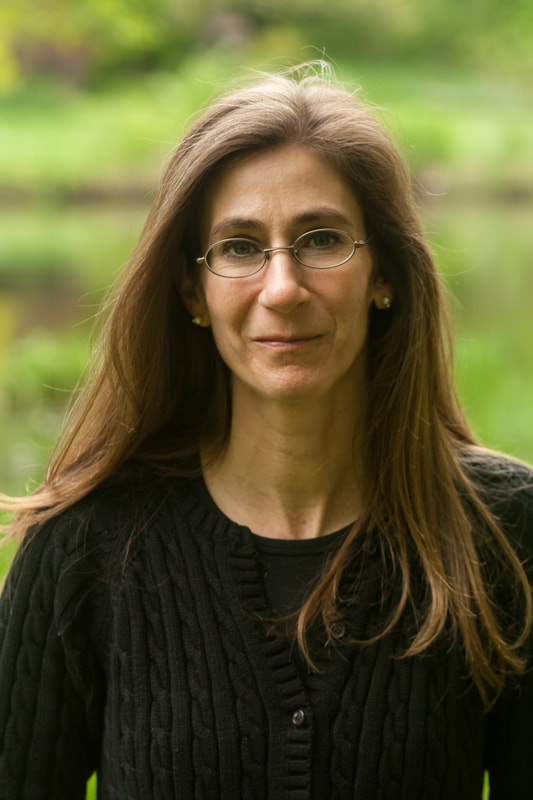
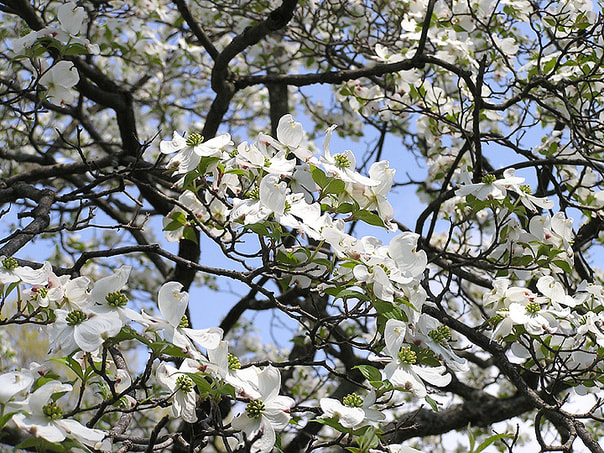

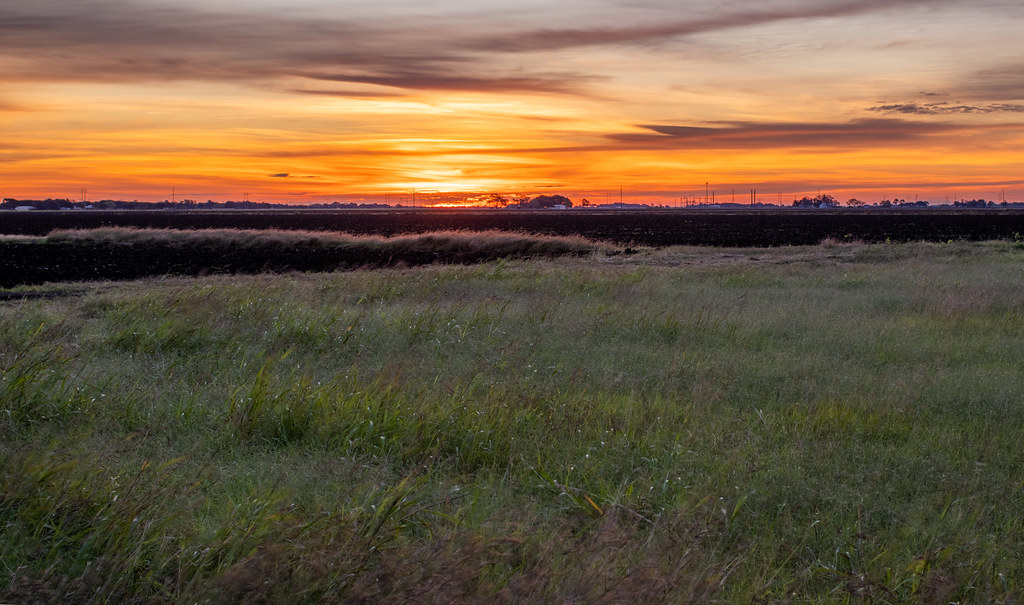
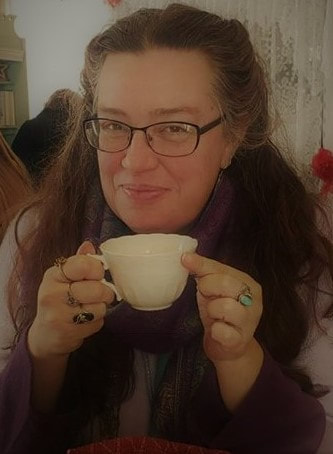
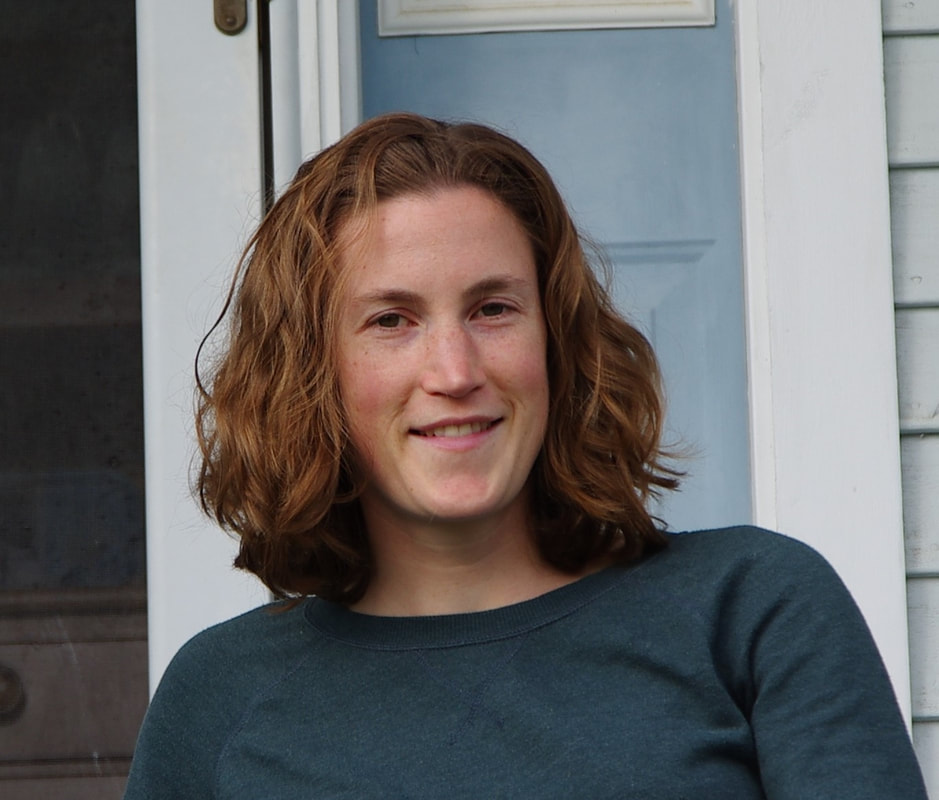

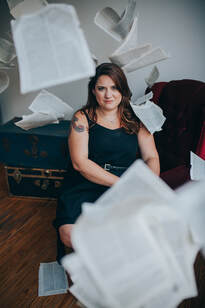
 RSS Feed
RSS Feed
